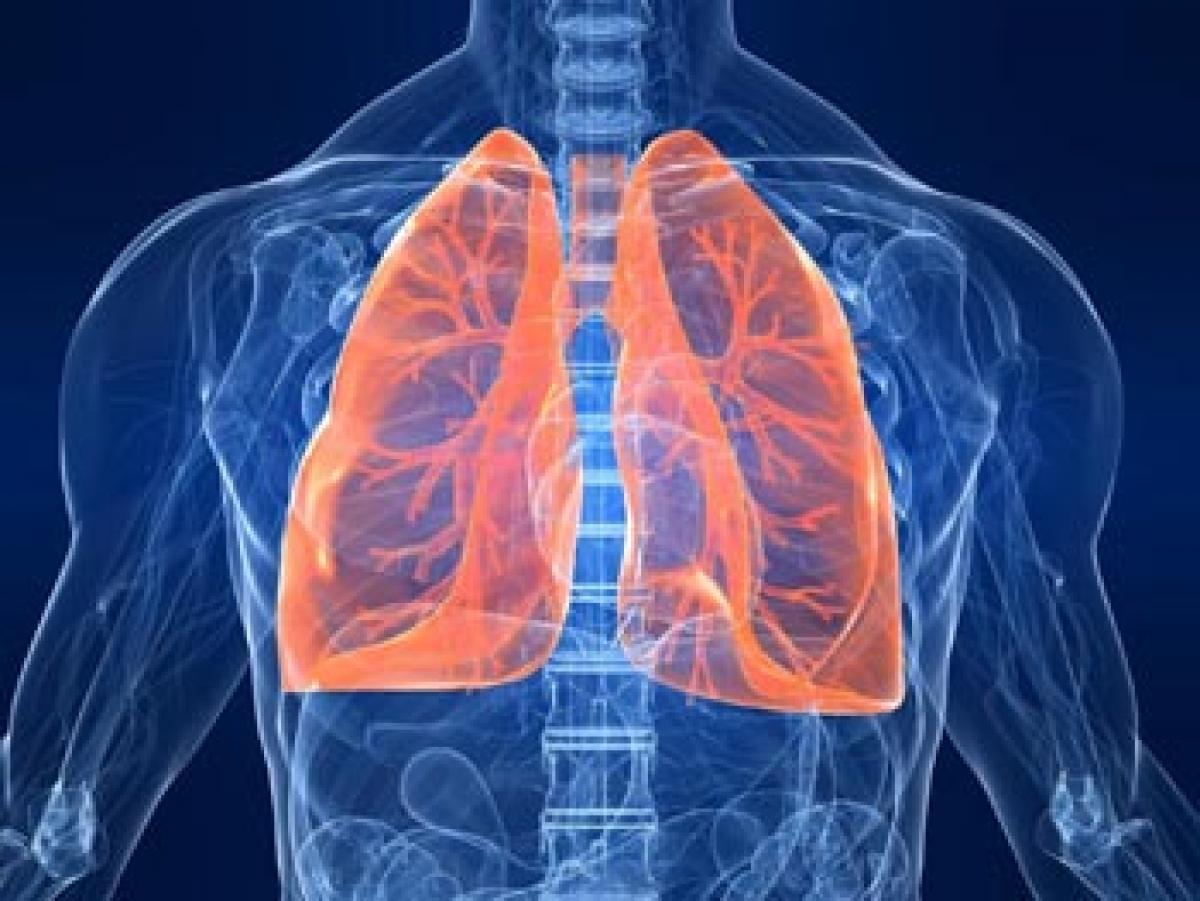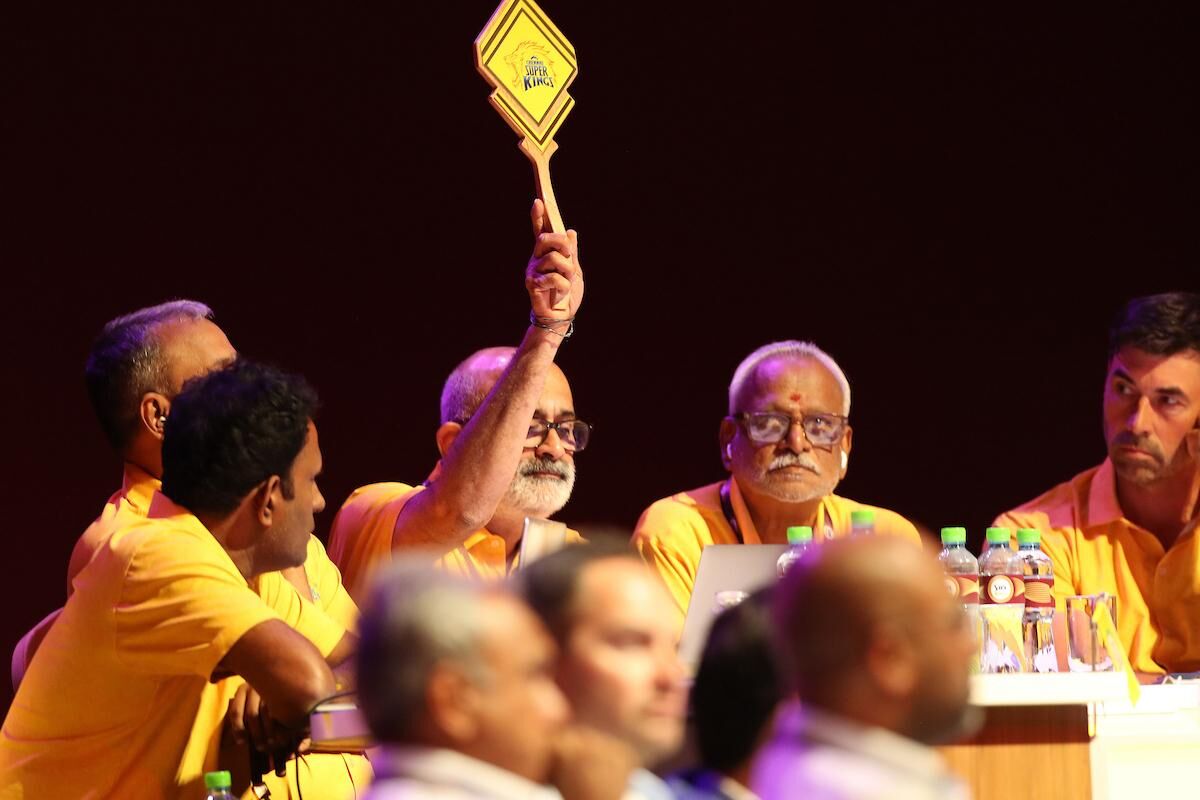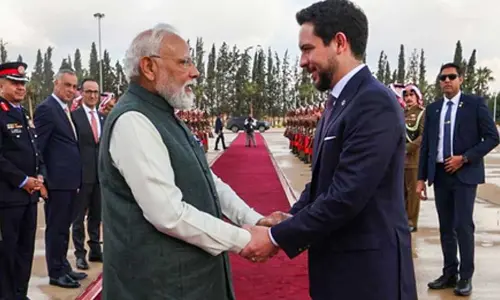Implanted coils can help some lung patients breathe easy

A novel minimally invasive therapy that involves implantation of tiny coils into the lungs can improve exercise ability and quality of life for some lung patients, results of a large international trial have shown.
A novel minimally invasive therapy that involves implantation of tiny coils into the lungs can improve exercise ability and quality of life for some lung patients, results of a large international trial have shown.
Aimed at tightening diseased tissue and opening up healthy airways, this experimental technique involves inserting several small metal alloy coils through a scope into the lungs.
Coil implantation could be an alternatives to major lung-reduction surgery for patients with emphysema, a form of chronic obstructive pulmonary disease, or COPD.
"Some patients with advanced emphysema have few treatment options, and this trial significantly furthers our understanding of the potential role of minimally invasive lung volume reduction therapy as an option to improve symptoms," said lead author Frank Sciurba, professor at University of Pittsburgh in the US.
Patients with emphysema experience an over-inflation of the lungs that limits their ability to breathe deeply, resulting from progressive destruction of the air sacs of their lungs and collapse of the airways.
The coils are intended to improve the elastic properties of the lungs to prevent collapse of the airways, allowing patients to exhale more completely, Sciurba explained.
The study, published in the Journal of the American Medical Association (JAMA), included 315 patients recruited at 26 sites in the U.S. and Europe between December 2012 and November 2015.
Participants were randomly assigned to either standard care, which included optimal inhaler medications and pulmonary rehabilitation, or to receive standard care plus bilateral coil insertion placed in the most severely affected lobe of each lung.
Patients who received coils showed a modest improvement in walking distance at 12 months, while the usual care group declined in function over the same time period. After one-year follow-up, the coil group overall was able to walk 15 metres farther than the usual care group in the allotted six minutes.
"Overall, the coils provided a modest improvement in exercise ability and lung function, and a very clinically important improvement in quality of life, but with a higher likelihood of major complications," Sciurba said. The US Food and Drug Administration (FDA) will now determine whether the coils are ready for widespread use, he added.



















